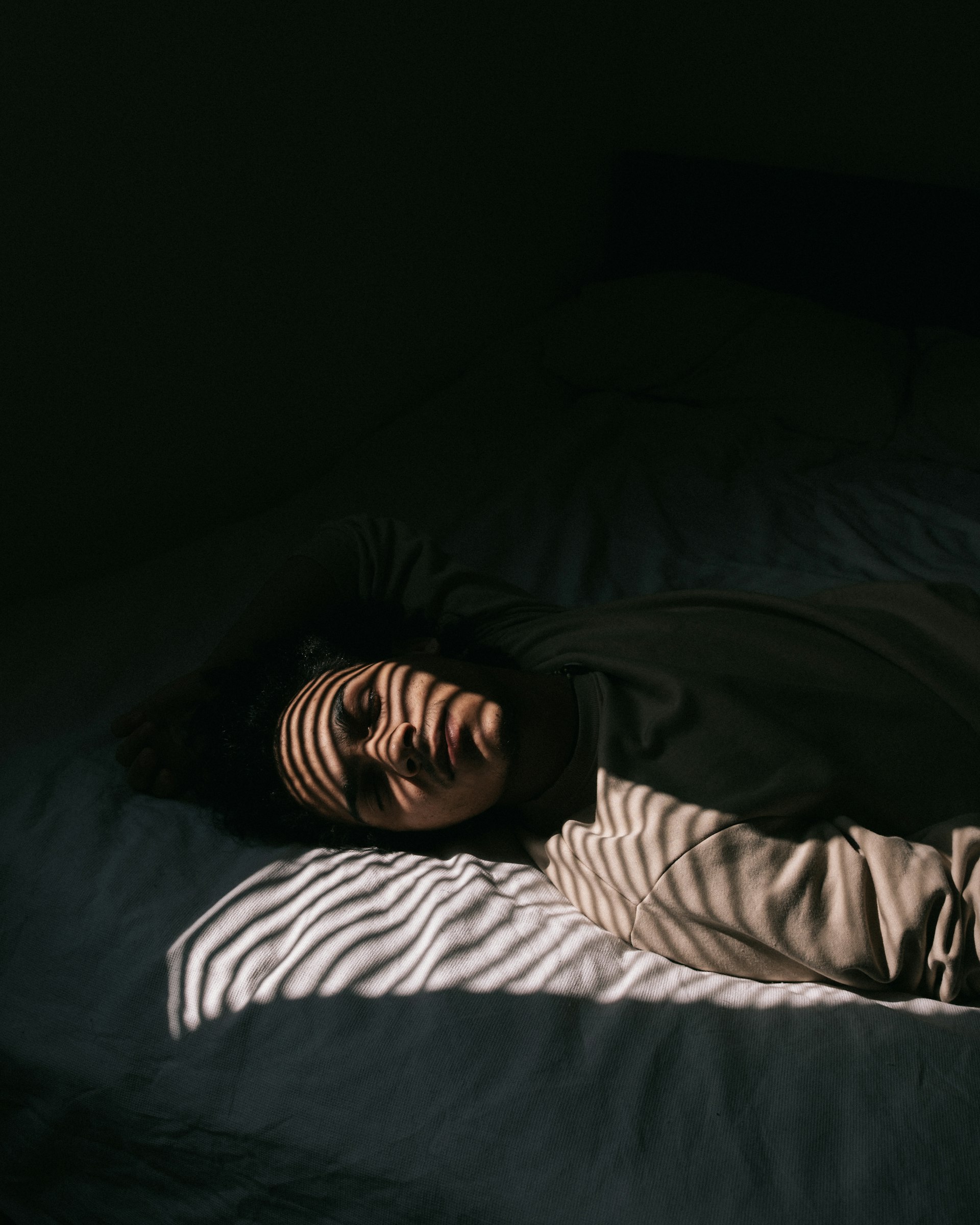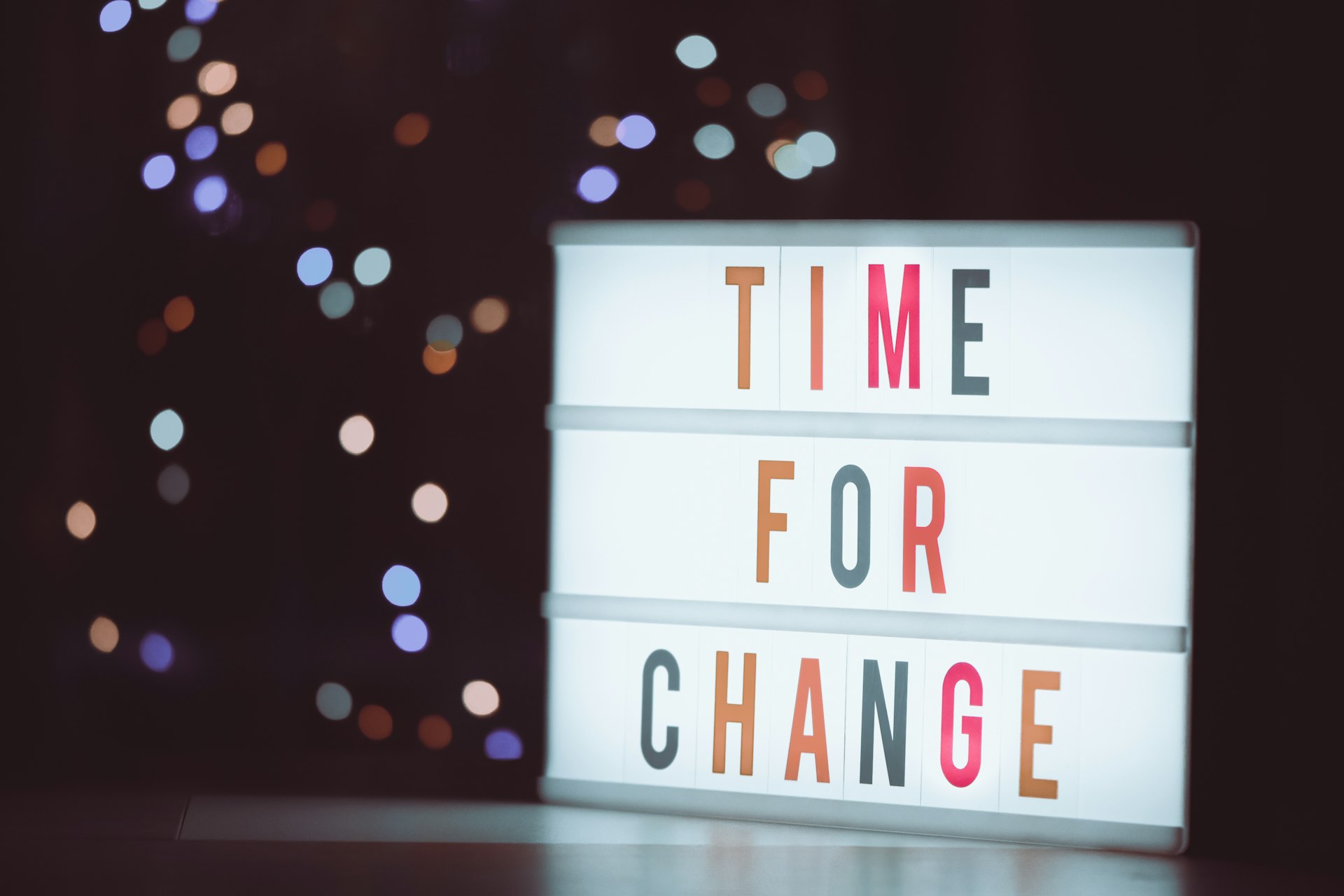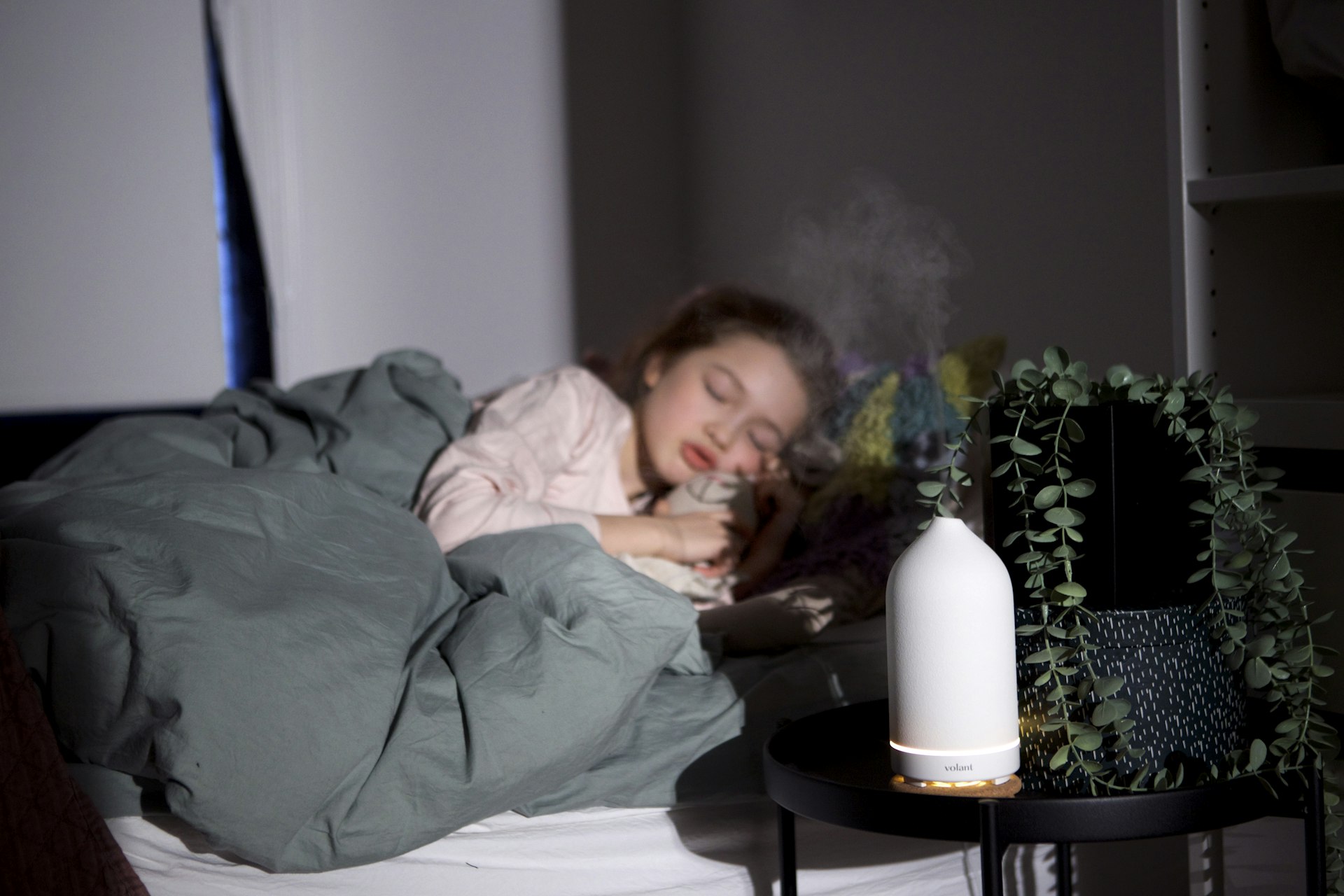How Lack of Sleep Impacts Your Mental Well-being: Comprehensive Effects, Risks, and Solutions

Photo by Kevin Quintino on Unsplash
Understanding the Critical Link Between Sleep and Mental Health
Sleep is not merely a time for rest; it is vital for the maintenance and restoration of both physical and mental health. When sleep is consistently cut short or disrupted, the brain’s ability to regulate emotions, process memories, and manage stress is impaired, which can result in significant mental health consequences. This article explores in detail how lack of sleep affects mental health, supported by current research, and offers actionable steps you can take to improve your sleep and, by extension, your mental well-being.
The Psychological Impact of Sleep Deprivation
There is compelling scientific evidence that chronic sleep deprivation can increase the risk of developing various mental health disorders. According to a recent review, people who do not get enough sleep are more likely to experience mood disturbances, including irritability, anxiety, and depression. In fact, insomnia is not only a common symptom of mood disorders but can also be a predictor of their onset. Persistent sleep loss may contribute to the development of depression and anxiety, as well as exacerbate symptoms of existing conditions [1] [2] .
One longitudinal study of adolescents demonstrated that sleep loss is associated with increased depressive symptoms and lower self-esteem over time, suggesting that the relationship between insufficient sleep and mental distress is robust and long-lasting [4] .
Cognitive Impairment and Emotional Regulation
Sleep is crucial for the brain’s processing of information, learning, memory consolidation, and problem-solving. When deprived of adequate sleep, individuals commonly experience difficulties with concentration and decision-making. They may also find it harder to retain new information. This cognitive decline is not temporary: chronic sleep deprivation has been linked to an increased risk of neurodegenerative diseases, including Alzheimer’s disease [1] .
Additionally, sleep plays a critical role in emotional regulation. Poor sleep heightens negative responses to stress and reduces positive emotional experiences. As a result, even minor stressors may feel overwhelming, and emotional resilience diminishes [2] . This can create a feedback loop: sleep deprivation leads to poor emotional regulation, which increases stress and anxiety, further disrupting sleep.
Aggravation of Existing Mental Health Conditions
For individuals with pre-existing mental health issues such as anxiety disorders, bipolar disorder, or schizophrenia, sleep deprivation can significantly worsen symptoms. Sleep problems are particularly common in these populations and can make psychiatric symptoms more severe and harder to manage. Moreover, research shows that inadequate sleep is linked to an increased risk of suicidal ideation in vulnerable individuals [2] .
Physical Manifestations That Affect Mental Health
The effects of sleep deprivation are not confined to mental and emotional health. The central nervous system, which is responsible for processing and relaying information throughout the body, is especially sensitive to lack of rest. Chronic insomnia can disrupt brain signaling, leading to impaired coordination, delayed reaction times, and increased risk for accidents. Mood changes and irritability often accompany these cognitive deficits, making daily functioning more challenging [3] .
Microsleep episodes-brief, involuntary lapses into sleep-may occur during the day, posing dangers especially while driving or operating machinery. Over time, sleep deprivation also weakens the immune system, increasing susceptibility to illness and potentially contributing to a cycle of poor sleep and diminished well-being [3] .
Recognizing Warning Signs and Taking Action
It is important to recognize when sleep deprivation is affecting your mental health. Warning signs include persistent mood changes, difficulty concentrating, forgetfulness, increased anxiety, and loss of interest in activities. If you notice these symptoms, consider taking the following steps:
- Track your sleep patterns using a journal or a digital app to identify poor sleep habits.
- Establish a consistent sleep schedule, aiming for at least 7 hours of sleep per night for adults, as recommended by the American Academy of Sleep Medicine. Teens may require 8-10 hours, and older adults typically need 7-8 hours [2] .
- Practice good sleep hygiene: create a calming bedtime routine, avoid screens before bed, keep your sleep environment cool and dark, and avoid caffeine or heavy meals late in the evening.
- If sleep disturbances persist for more than a few weeks, consult a healthcare provider or mental health professional. They can assess for underlying conditions and recommend appropriate treatment.
Seeking Professional Help and Accessing Resources
If you suspect your mental health is being affected by poor sleep and self-help strategies are not effective, reaching out to a qualified professional is a critical next step. Many mental health providers and primary care physicians can assess sleep issues, screen for related mental health conditions, and recommend evidence-based therapies such as cognitive behavioral therapy for insomnia (CBT-I).

Photo by elizabeth lies on Unsplash
For those looking for further information or support, you can search for licensed mental health professionals through reputable directories such as the American Psychological Association or consult your primary care provider for referrals. Larger hospital systems and university medical centers often have dedicated sleep clinics or behavioral sleep medicine specialists. If you prefer online resources, consider searching for “behavioral sleep therapy” or “sleep mental health support” through established organizations like the Sleep Foundation or the Centers for Disease Control and Prevention (CDC) . Always ensure the resources you use are from recognized and authoritative sources.
Building Resilience: Alternative Approaches and Lifestyle Changes
In addition to medical treatment, several lifestyle modifications can help improve sleep and support mental health:
- Regular physical activity, preferably earlier in the day, can promote deeper sleep.
- Mindfulness and relaxation techniques, such as meditation, deep breathing exercises, or gentle yoga, may help reduce stress and prepare the body for restful sleep.
- Limiting alcohol and avoiding nicotine are also important, as these substances can disrupt sleep cycles.
- If you travel frequently or work irregular hours, try to adjust your schedule gradually and create a portable sleep environment to maintain consistency.
Remember that improving sleep is a process, and small changes can add up over time. If you find that one approach is not effective, consider combining several strategies or consulting with a sleep specialist for personalized guidance.
Summary and Key Takeaways
Lack of sleep can have serious short- and long-term effects on mental health, including increased risk for mood disorders, cognitive impairment, and worsening of existing mental health conditions. By recognizing early warning signs, adopting healthy sleep habits, and seeking professional support when needed, individuals can take meaningful steps to protect their mental well-being and quality of life.
References
- [1] Primary Care 24 (2024). Negative Effects of Sleep Deprivation on Body and Mind.
- [2] Columbia Psychiatry (2024). How Sleep Deprivation Impacts Mental Health.
- [3] Healthline (2023). The Effects of Sleep Deprivation on Your Body.
- [4] NCBI (2006). Extent and Health Consequences of Chronic Sleep Loss and Sleep Disorders.
MORE FROM promohunterpro.com













